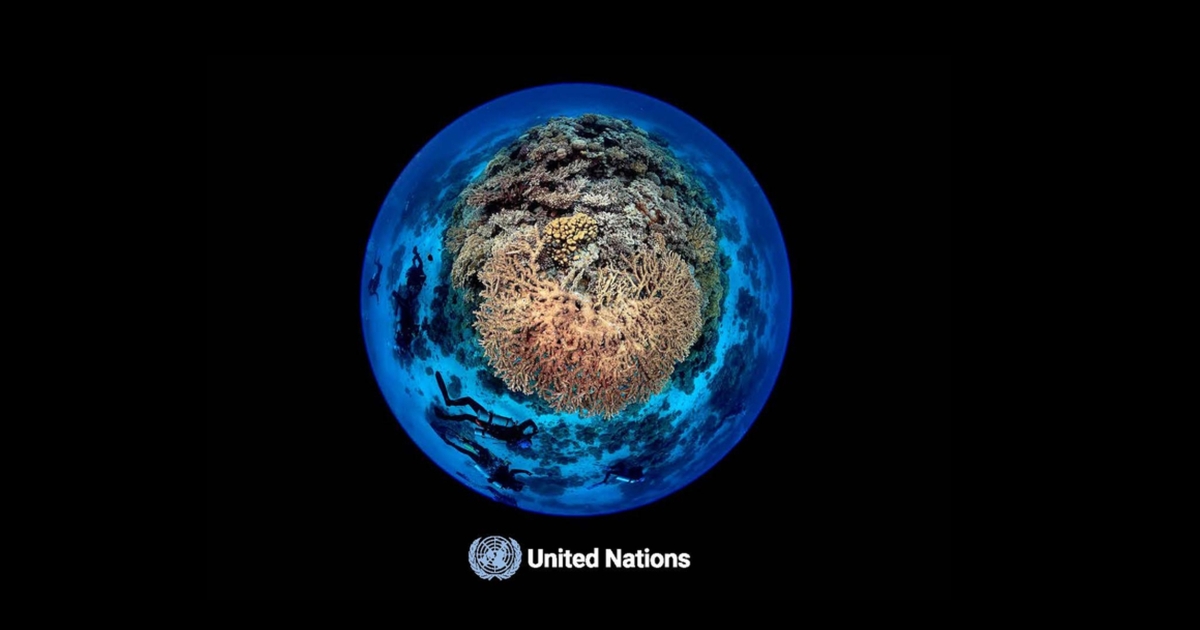10 / 05 / 2021

The World Ocean Assessment (WOA) is an initiative of the United Nations. It is based on the needs for a regular process of global reporting on the state of the marine environment. This document provides a scientific based benchmark to estimate the effectiveness of governance and policy decisions. It also provides guidance in developing new problem-solving strategies and technologies. In addition, this publication shows the state of knowledge about the ocean and how humans use and influence this ecosystem.
Staff from the data centre of the Flanders Marine Institute (VLIZ) in Oostende (Belgium) were among the 300 selected experts from a global pool of 780 experts from around the world who contributed to this +1,000 page landmark document. While the first report (WOA I) focused on establishing the initial situation in 2015, the scope of the second cycle (WOA II; 2016-2020) expanded to evaluate trends and identify knowledge gaps.
In both cycles (WOA I and WOA II) two globally recognized marine databases – managed by VLIZ – were used: the World Register of Marine Species (WoRMS), a catalogue of species names, and MarineRegions, a gazetteer of marine place names. These two are part of the LifeWatch Species Information Backbone and contributed to two specific chapters in WWA II.
Chapter 6A describes the biodiversity of the plankton, and contains in particular information on single-cell phytoplankton, bacteria, viruses and metazooplankton. Chapter 6B focuses on bottom invertebrates (‘benthos’). In this last chapter in particular, the LifeWatch Species Information Backbone has proven its value to the scientists involved, by combining information from the World Register of Marine Species (WoRMS) and MarineRegions with data from the Ocean Biodiversity Information System (OBIS) for the analysis.
The Flemish support to VLIZ and to LifeWatch (via FWO) on the one hand, as well as the contribution of Flanders (via FUST) to OBIS - both located in Ostend - once again put the coastal city and Flanders on the world map as a special "hub" for ocean sciences.